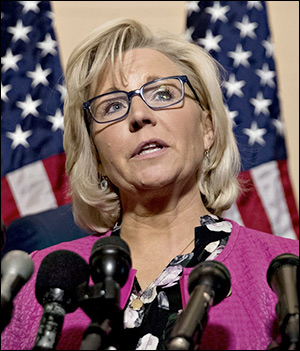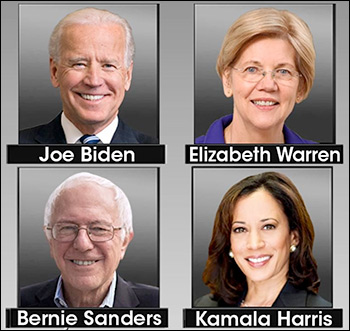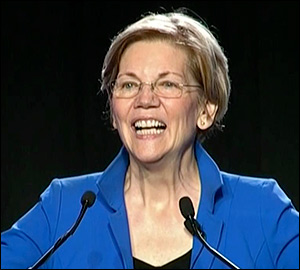By Jim Ellis

“Admiral Joe” Sestak
Sestak was first elected to the House in 2006 and served two terms from southeastern Pennsylvania’s 7th District. The new presidential candidate unseated 20-year congressional veteran Curt Weldon (R) in his first election and was easily re-elected in 2008. He chose to run for the Senate in 2010, defeating party-switching Sen. Arlen Specter 54-46 percent in the Democratic primary, but then lost to Republican Pat Toomey 51-49 percent in the succeeding general.
Sestak would return in the 2016 Democratic senatorial primary but fell to former gubernatorial chief of staff Katie McGinty after running a rather bizarre campaign that featured the ex-congressman walking the entire state of Pennsylvania but doing very few candidate appearances or media events along the way.
He joins the presidential field long after his new opponents have been campaigning for weeks and months but says he delayed his entry for family reasons. Sestak points out that his daughter has again been fighting brain cancer, which he claims she has beaten for the second time during her life.
Regardless of the reason, Sestak, who is calling himself “Admiral Joe” in this campaign and doesn’t use his congressional title in his new slogan, which reads, “ADM JOE, Accountability to America,” is likely entering too late to become an effective candidate with the ability to challenge for the party nomination.




 June 17, 2019 — A new large-sample Golden State poll released from the University of California at Berkeley and the Los Angeles Times (June 4-10; 2,131 likely California Democratic primary voters from a pool of 4,435 registered voters) yields some surprising results. The three most unexpected findings first show a tight race among the four top contenders, Sen. Elizabeth Warren (D-MA) surging into second place, and home-state Sen. Kamala Harris only finishing fourth but not substantially behind.
June 17, 2019 — A new large-sample Golden State poll released from the University of California at Berkeley and the Los Angeles Times (June 4-10; 2,131 likely California Democratic primary voters from a pool of 4,435 registered voters) yields some surprising results. The three most unexpected findings first show a tight race among the four top contenders, Sen. Elizabeth Warren (D-MA) surging into second place, and home-state Sen. Kamala Harris only finishing fourth but not substantially behind.
